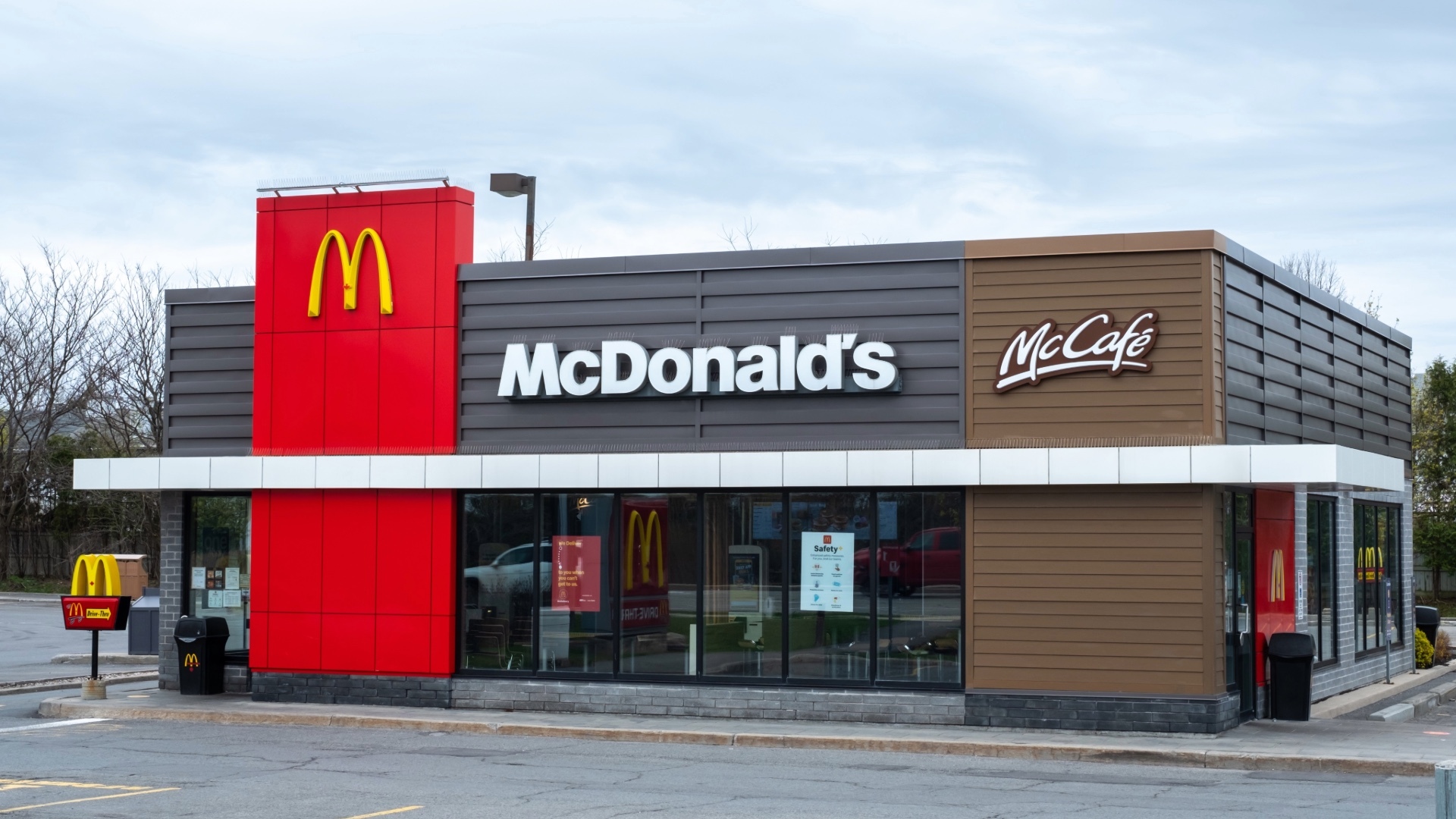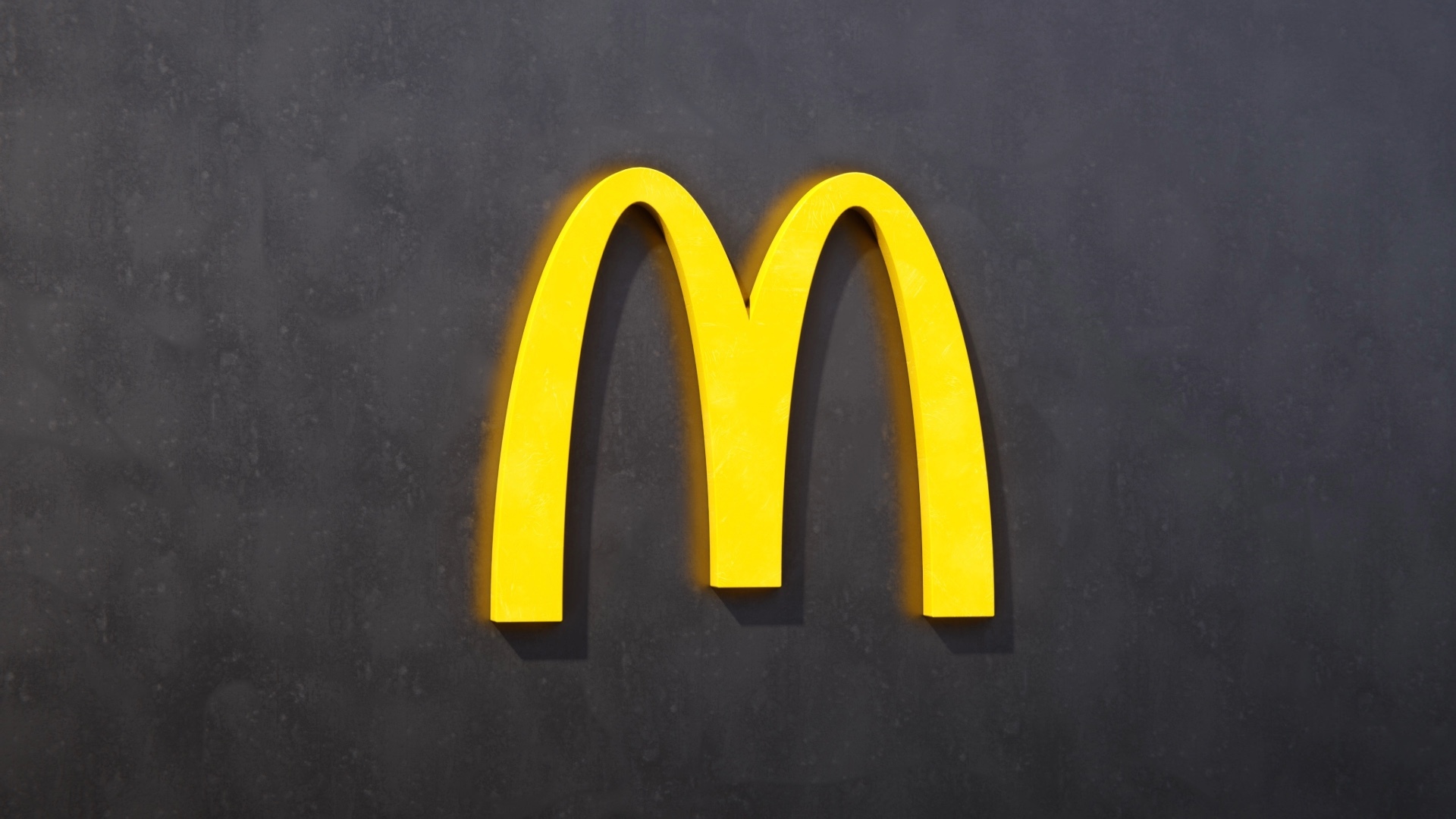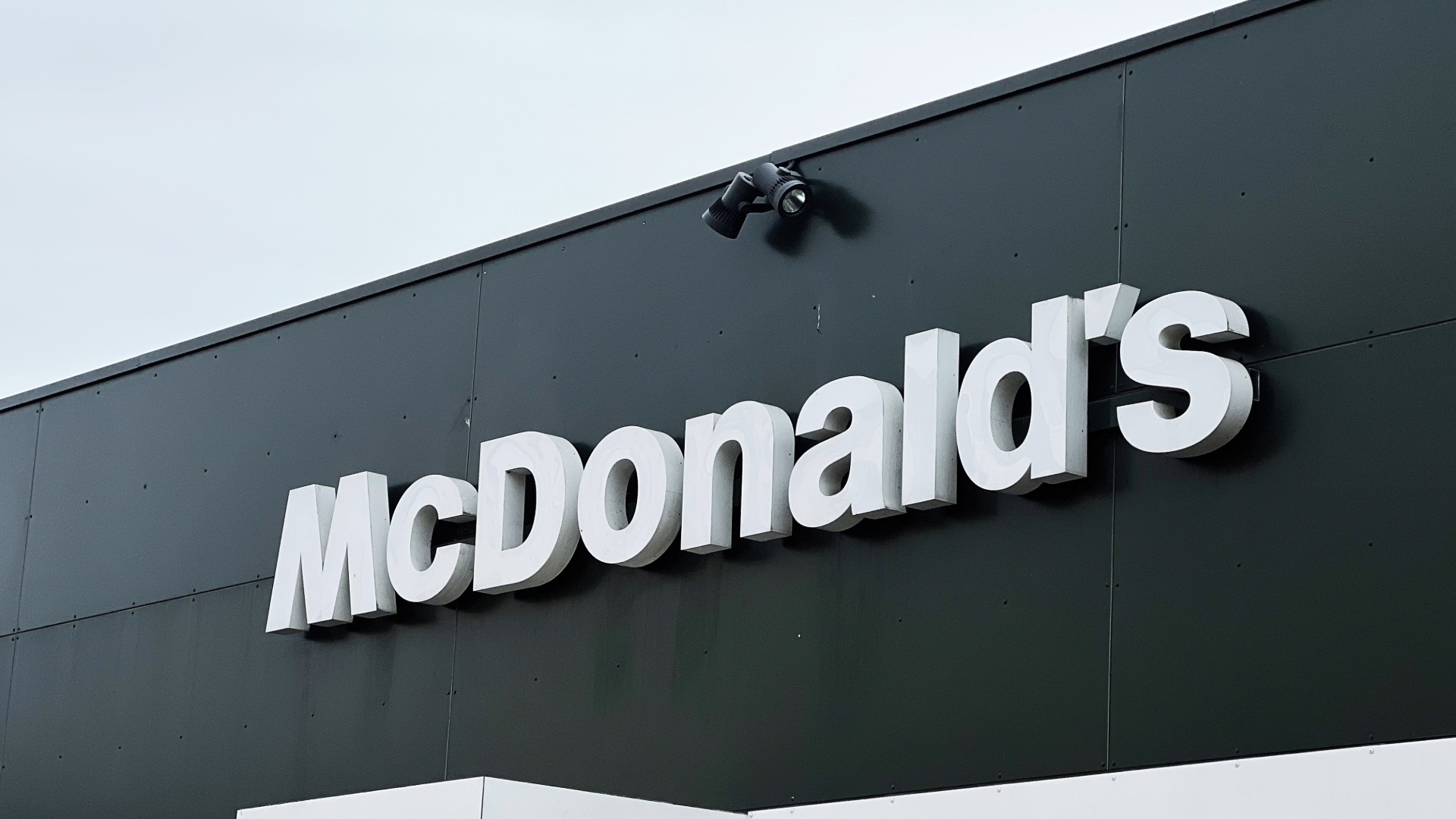McDonald’s under pressure as equality watchdog demands tougher action on workplace harassment
Posted by Emma on 7th Nov 2025 Reading Time:
McDonald’s is facing renewed pressure from the Equality and Human Rights Commission (EHRC) after the regulator extended and toughened its legally binding agreement with the fast-food chain to combat sexual harassment in its UK restaurants. The move comes amid hundreds of allegations from current and former employees—many of them teenagers—raising serious concerns about workplace culture and corporate accountability.
The EHRC first intervened in 2023 following complaints about how McDonald’s handled harassment cases. The regulator’s latest decision reflects what it described as “serious allegations” that have persisted despite earlier promises of reform. The strengthened agreement introduces a series of new obligations designed to protect the company’s 170,000 UK workers, many of whom are under 21 .
Stronger action plan to protect vulnerable staff
The new measures require McDonald’s to implement a comprehensive safeguarding plan, designed with external experts, that focuses on the grooming of young workers, the role of social media, and independent investigation processes. Key actions include:
• A new safeguarding policy and ongoing review of internal procedures.
• External auditing of McDonald’s complaint-handling system to ensure impartiality.
• Expanded training for all managers and franchisees, addressing grooming and digital misconduct.
• Investigation of complaints involving managers outside their restaurant to prevent bias.
• Quarterly employee surveys and strengthened risk assessments to identify ongoing problems.
• Mandatory pledges from franchisees to uphold safeguarding and inclusion standards across all UK sites .
Baroness Kishwer Falkner, chairwoman of the EHRC, said:
“After serious allegations were raised, we decided we needed to update the action plan with stronger actions that were more specific to the way McDonald’s operates. We’re pleased with the significant steps McDonald’s has agreed to take towards a safer working environment for its staff.”
Culture under scrutiny
The decision follows extensive media investigations. A BBC report in 2023 uncovered over 100 cases of alleged sexual assault, harassment, bullying and racism within McDonald’s restaurants. Since then, the EHRC has received more than 300 complaints, and law firm Leigh Day has launched legal proceedings representing hundreds of staff, with more than 450 restaurants implicated .
Critics argue that the changes announced to date still fall short of real reform. One former employee told the BBC that McDonald’s approach “feels like a box-ticking exercise rather than genuine change”. Employment lawyer Kiran Daurka from Leigh Day added that the EHRC’s continued oversight “suggests not enough progress has been made” and urged deeper examination of the divide between corporate oversight and franchise accountability.
McDonald’s response
McDonald’s maintains that it has made “significant progress” in creating a safer environment. A company spokesperson said the fast-food giant and its franchisees had introduced extensive initiatives including enhanced onboarding, refresher training, and a 24/7 Speak Up digital reporting platform.
The company reported that 95% of employees are now aware of how to report workplace concerns, based on its internal anonymous survey. “We are confident the measures we have implemented are working and making a difference,” McDonald’s stated. “Formalising these steps within the EHRC agreement ensures we remain at the forefront of creating a safe and respectful workplace culture.”
Lessons for hospitality and franchise operators
For the wider hospitality and foodservice industries, the EHRC’s action against McDonald’s is a pivotal moment. It sends a clear message: safeguarding and accountability are no longer optional—they are legal and ethical imperatives.
The hospitality sector, known for its young workforce and high turnover, faces unique vulnerabilities. Businesses of all sizes—whether multinational chains or independent operators—must ensure they have:
• Clear and trusted reporting mechanisms.
• Independent investigation structures, especially for management-related complaints.
• Training that reflects digital realities such as social media and grooming risks.
• Leadership that models a culture of respect rather than compliance.
These measures are no longer just about risk management; they are about brand trust and workforce sustainability. A failure to act decisively can now trigger not only public scrutiny but also legal intervention.
A defining moment for industry culture
McDonald’s latest agreement marks a watershed for the UK’s hospitality sector. As enforcement tightens, the question extends beyond compliance: can businesses create environments where every worker—especially the youngest—feels genuinely safe, respected, and heard?
For the industry, the lesson is clear. Culture is not set by slogans or training modules, but by daily behaviour, accountability, and leadership.






